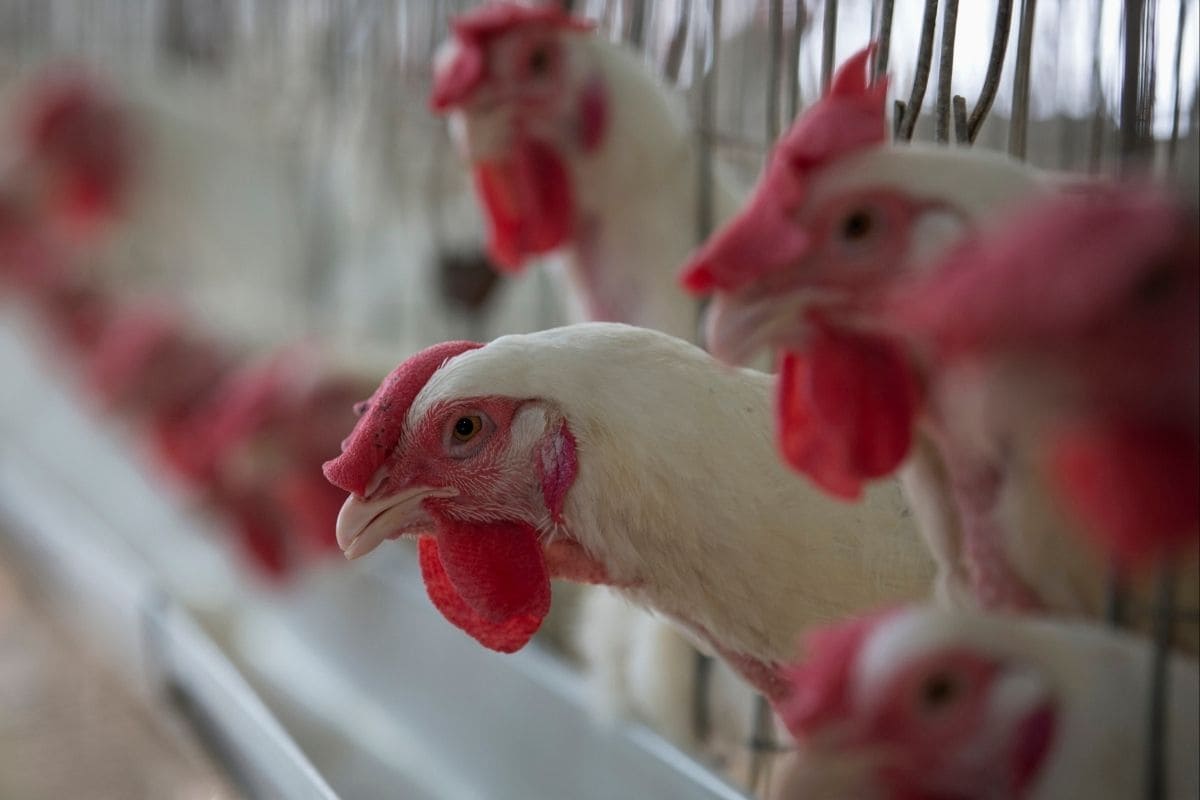Can Bird Flu Transmit to Humans? All You Need to Know About its Spread in India
The flu cases have so far been confirmed in 13 districts of Madhya Pradesh, while around 1,100 crows and other wild birds have been found dead across 27 districts since the virus was first detected in the state last month.

Dated : 11 Jan 2021 (IST)
The bird flu outbreak, that is being reported across several states, has now been confirmed in Maharashtra as well, leading to massive anxiety and a fear of blow to the poultry industry. While hundreds of birds have been culled in Kerala, Rajasthan, Himachal Pradesh, and Madhya Pradesh, Haryana is on high alert due to abnormal deaths at a poultry farm in Panchkula. According to the News Agency release, a total of 4,30,267 birds have died in Barwala, Panchkula in past 25 days in Haryana.
Maharashtra is the latest to confirm presence of the infection in birds in the state. While dead crows sparked fears in Mumbai, bird flu was confirmed in Parbhani, where authorities will cull around 9,000 birds. Birds were also reported dead in Latur and Amravati.Advertisement
What is Bird Flu?
Bird flu or avian influenza is a viral infection influenza that is reported mostly in birds. This disease is caused by Influenza Type-A virus that commonly affects both wild and poultry birds. This virus can have several strains, most of which cause mild symptoms and affect low egg production. However, some variants can prove fatal – as is being reported currently from various states. The current outbreak has evidence of H5N1 and H8N1 strains of virus causing death of birds.
The virus was first reported in China in 1996. Several outbreaks have since then been reported across the world. The first cases in India were reported in 2006 in Nandurbar, Maharashtra.
How Does the Infection Spread?
The bird excreta in wild aquatic birds like ducks and geese – which carry the Influenza A viruses — is the primary source of the infection. It is from these water birds that often migrate and travel long distances that the virus is spread to poultry and terrestrial birds. Mammals such as pigs, horses, cats and dogs can also sometimes catch this infection.
Can it Transmit to Humans?
Yes, the H5N1 virus can jump species and infect humans from the infected bird. The first case of H5N1 infection in humans was reported in Hong Kong in 1997, when a poultry farm worker caught the infection from infected birds. However, no case of bird flu in humans has yet been reported from the current outbreak in India. People who come in close proximity to infected birds are most vulnerable to the spread of the infection.

How Serious is the Disease?
Bird Flu has almost 60 per cent mortality rate. Between 2006 and 2018, India reported a total of 225 epicenters of bird flu infection. Over 83.49 lakh birds were culled to curb the spread and the government offered a compensation of Rs 26.37 crore to poultry farmers for their losses.
What’s the Current Status of Bird Flu in India?
On Sunday, the Kanpur zoo in Uttar Pradesh was shut down, and it was declared all birds there will be killed after the bird flu was confirmed in wild chickens found dead in the zoo.
While 17 more ducks were found dead at Sanjay Lake in New Delhi on Sunday, authorities declared it an “alert zone”. This came a day after the Delhi Development Authority closed the famous water-body-cum-park following the death of 10 ducks on the premises. The samples from the dead ducks have been sent for testing to ascertain whether bird flu was the cause of death.
Authorities also shut the popular Hauz Khas Park in south Delhi, which is a huge water body and attracts a large number of crowd every day, has also been shut.
The flu cases have so far been confirmed in 13 districts of Madhya Pradesh, while around 1,100 crows and other wild birds have been found dead across 27 districts since the virus was first detected in the state last month.
Maharashtra CM Uddhav Thackeray Calls For Urgent Review Meet On Bird Flu Situation
According to experts, the chances of the H5N1 virus infecting humans is low in India as compared to South East Asian countries.
Dr A S Ranade, Dean, Bombay Veterinary College, was quoted as saying by The News Agency that the virus dies immediately if exposed to temperatures over 70 degrees Celsius. “Unlike in South East Asian countries, both meat and eggs in India are eaten well cooked, which sees them being exposed to over 100 degrees Celsius. Thus the chances of humans contracting the virus from eating chicken and eggs is extremely rare,” Dr Ranade said.



